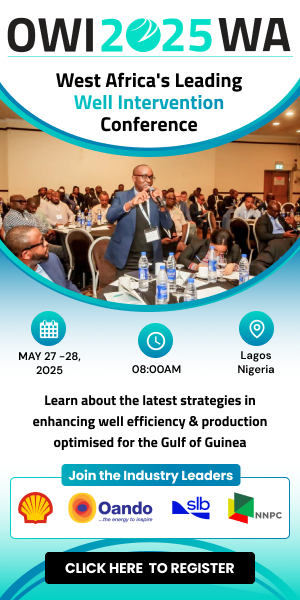As featured in the latest issue of African Review, Islamic finance remains a niche in Africa but it is growing, driven in part by the continents urgent need for new and innovative ways to fund infrastructure development
Funding Africa’s huge development needs has long represented a big challenge. This has spawned all kinds of innovative financing mechanisms in the past and could spell an opportunity for Islamic finance, notably haria-compliant bonds, or Sukuk. Still in an embryonic state in Africa – but growing nonetheless – these instruments could play a potential role in delivering large infrastructure projects, from building new airports to constructing power plants and building roads. While it is early days for Africa, on a global scale Islamic finance is not a new concept.
A longstanding feature of the financial markets of Malaysia – a world leader in the field – and across the Middle Eastern Gulf, its spread now encompasses non Muslim-centric territories worldwide. This is a pattern that is catching on, albeit slowly, in Africa. While northern Africa has provided a natural entry point for Islamic products, current activity now focuses on sub-Saharan markets, notably in West Africa.
Now, its reach is pushing into non-Muslim centric territories such as South Africa and Kenya. Both countries are keen to create an environment where Islamic products, from banking to micro finance, can thrive. While the emergence of funds like Sukuk may hold the key to the growth of longterm infrastructure needs, Africa’s financial markets remain comparatively immature. This means any new and complex products require time to come to the market.
The full story can be read in this months African Review on Page 22 here.


















